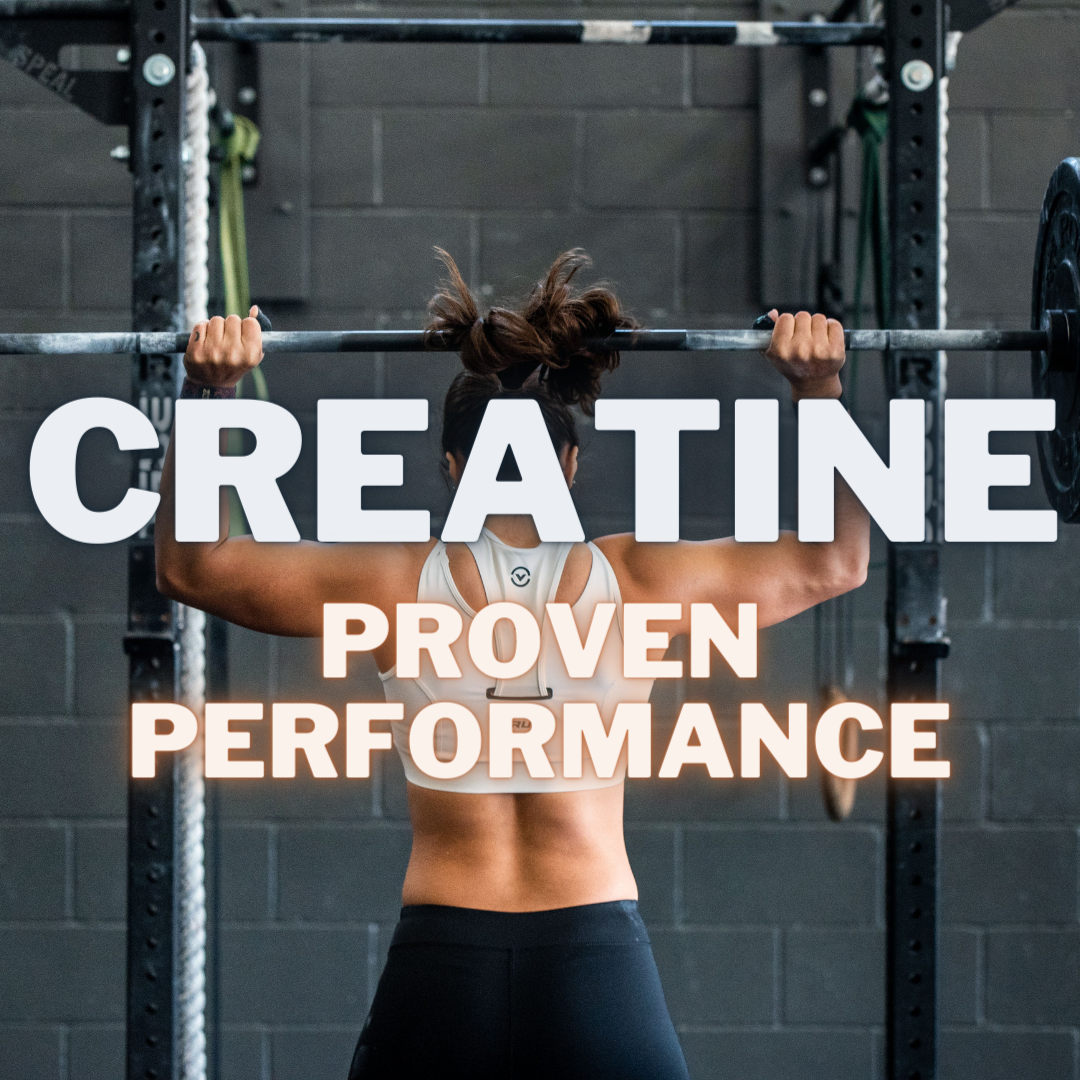
Creatine: The Unsung Hero of Performance Supplements
If you’ve spent any time in the world of sports nutrition, you’ve undoubtedly heard of creatine. But do you know why it might just be the most effective dietary supplement available for performance? With decades of research under its belt, creatine has earned its spot as a staple for athletes and fitness enthusiasts. The International Society of Sports Nutrition even says, “Creatine monohydrate is the most effective ergogenic nutritional supplement currently available to athletes in terms of increasing high-intensity exercise capacity and lean body mass during training.” Hard to ignore a claim like that.
So, what exactly makes creatine the powerhouse that it is?
The Science Behind the Magic
At its core, creatine is something your body naturally produces. It’s stored in your muscles as phosphocreatine, a form that can be quickly used to produce more ATP—the energy currency your body taps into when you need bursts of power, like during a sprint or a heavy lift. The more creatine you have stored, the more ATP your muscles can churn out when it counts. More energy means more reps, more speed, and ultimately, better performance.
Now, this isn’t just conjecture. There’s plenty of hard science backing it up. Creatine doesn’t just sit idly in your system—it works by boosting the water content in your muscle cells, a process known as cellular volumization. This helps hydrate the muscles, giving them more fullness and, crucially, increasing endurance during your workout. Picture your muscles as sponges. When properly hydrated, they can take on and sustain more workload, setting the stage for impressive growth and strength gains.
Results You Can Feel (and Measure)
The research on creatine spans decades, and the verdict is clear. Compared to placebo groups, athletes who supplement with creatine see increased muscle fiber growth, lean body mass, and adaptations to training. It’s a game changer in terms of performance. One study after another shows that creatine enhances the one-rep max, improves weightlifting capacity, and supports strength training programs in ways that other supplements simply can’t match.
And here’s where things get even more interesting. Creatine might not just be for the body—it may be for the brain, too. There’s growing evidence suggesting that the brain, much like muscle tissue, demands significant ATP when performing cognitively demanding tasks. Creatine could help fuel those mental efforts, potentially supporting brain function during times of stress or high concentration. We’re talking about a supplement that’s not just improving your biceps curl but your mental sharpness as well.
But Wait, There’s More—Or Is There?
Creatine monohydrate is the most researched and validated form, and for good reason. While there are other more “advanced” forms on the market, promising improved absorption or performance, the data often fails to support those claims. In fact, monohydrate remains king for one simple reason: it works.
Don’t be fooled by fancy packaging or marketing gimmicks. If you want results, stick with what science has repeatedly validated. Creatine monohydrate is your safest bet, offering reliable, measurable benefits without the frills.
Conclusion
With all these advantages, it’s easy to see why creatine is one of the most popular and effective supplements around. It’s not just about adding bulk or hitting a new personal best—it’s about enhancing every aspect of your performance, from your muscles to your mind.
Creatine is the real deal. So, if you haven’t added it to your regimen yet, what are you waiting for? It could easily be the greatest dietary supplement you’ve ever used. And that’s not just hype—that’s science.
These statements have not been evaluated by the Food and Drug Administration. This product is not intended to diagnose, treat, cure or prevent any disease. This article is for informational purposes only and is not a substitute for professional medical advice. Always consult your healthcare provider regarding any health concerns or before starting new supplements.
